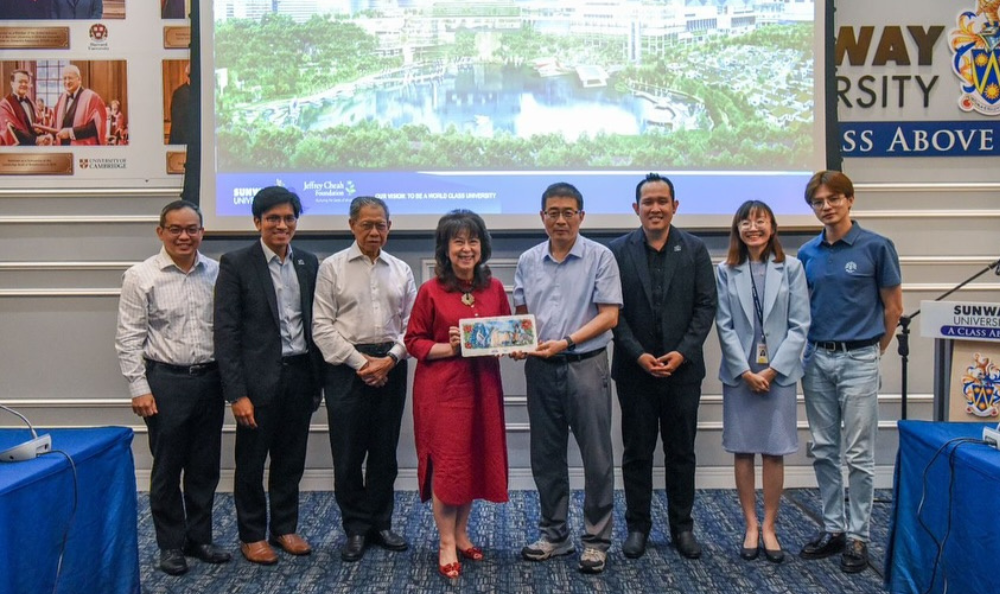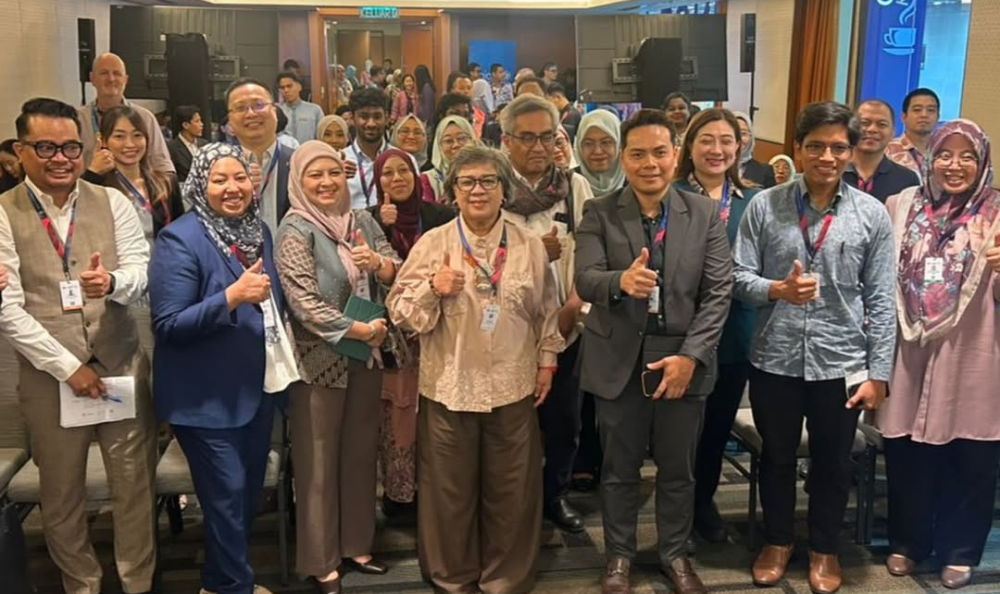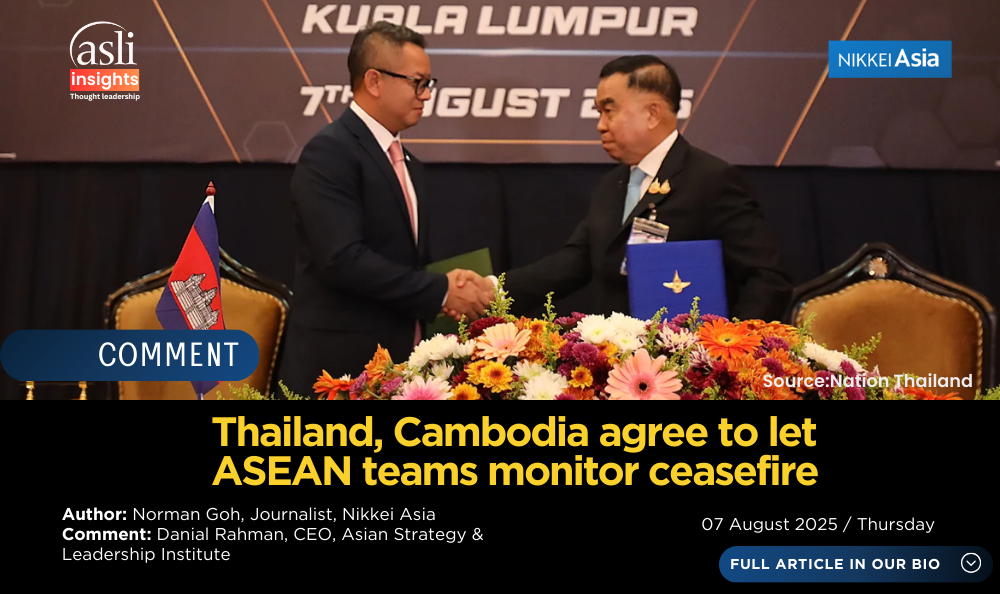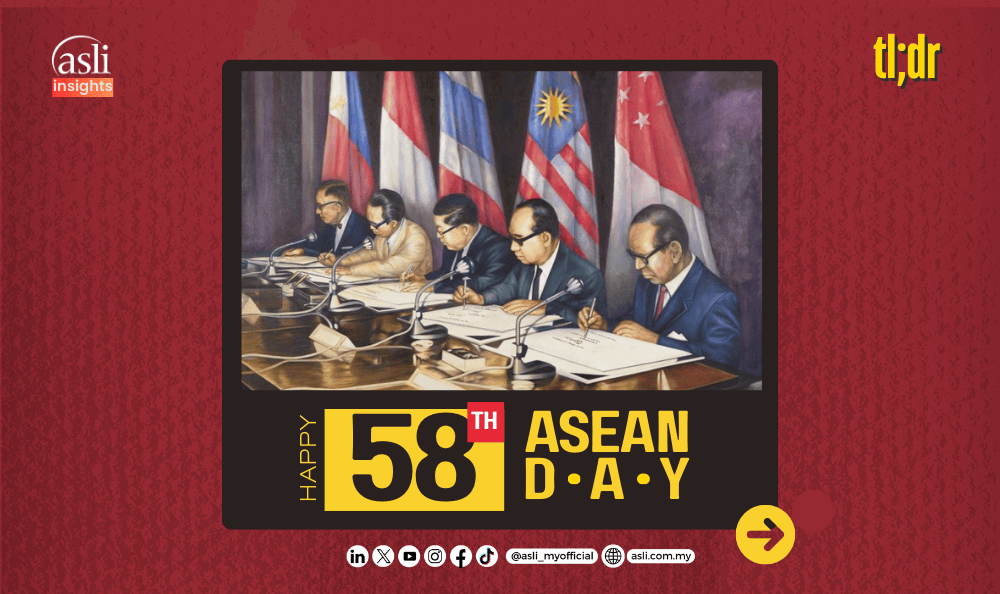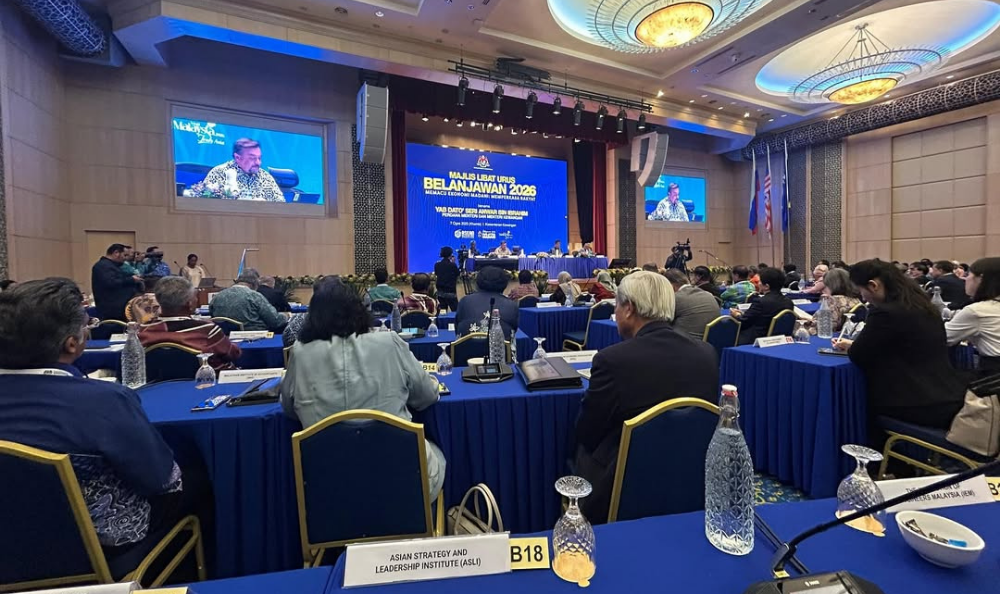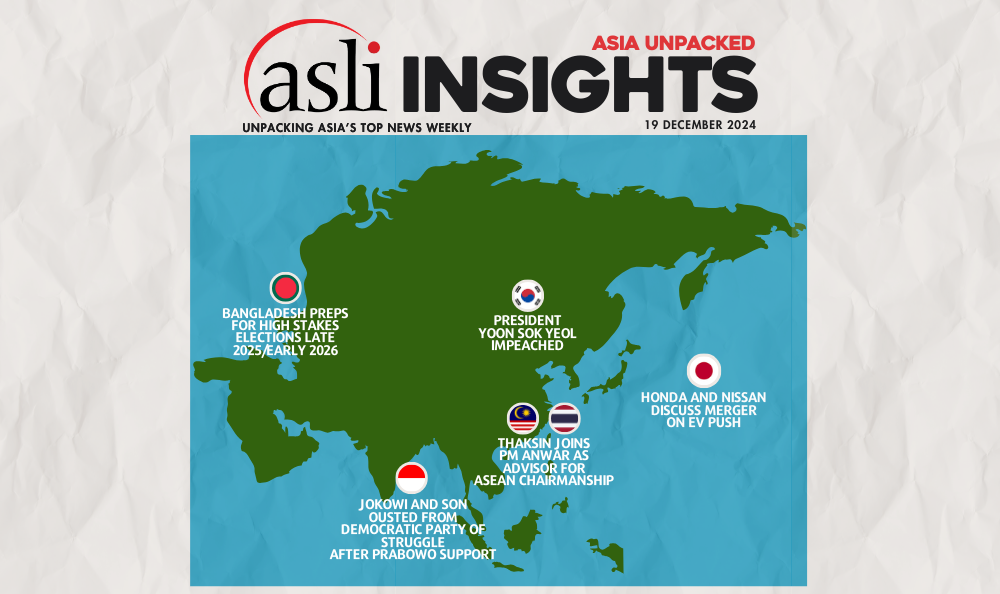
ASLI INSIGHTS: Asia Unpacked | 19 December 2024
Stay ahead with Asia Unpacked! This week: South Korea’s President Yoon faces impeachment, Thaksin Shinawatra becomes Anwar Ibrahim’s advisor, and Indonesia’s Jokowi and Gibran are ousted from their party. In business, Honda and Nissan discuss merging, while Bangladesh plans its next elections.
Stay informed. Stay ahead. Here’s what’s making headlines this week:
1) President Yoon Sok Yeol Impeached
South Korea is in political turmoil as President Yoon Suk-yeol becomes the second leader in the nation's history to face impeachment. Accusations of constitutional violations, abuse of power, and corruption led to this dramatic decision by the National Assembly. The impeachment reflects growing public dissatisfaction with Yoon’s administration, which has struggled with economic challenges and contentious policies. Now, the Constitutional Court must decide within 180 days whether to uphold the impeachment, potentially removing him from office permanently. Prime Minister Han Duck-soo steps in as acting president, ensuring continuity of governance during this uncertain period. Analysts believe this event could severely damage Yoon’s political legacy while reshaping South Korea’s political landscape. Meanwhile, opposition parties have gained momentum, calling for broader reforms. This crisis also raises questions about the strength of South Korea’s democratic institutions, as the nation waits for the Court’s ruling amid heightened public scrutiny and international attention.
Read more:
- https://www.bbc.com/news/articles/cx2pl4edk13o
- https://www.reuters.com/world/asia-pacific/south-korea-president-yoon-impeachment-trial-2024-12-19/
2) Thaksin Joins PM Anwar as Advisor for ASEAN Chairmanship
Former Thai Prime Minister Thaksin Shinawatra has been appointed as an advisor to Malaysian PM Anwar Ibrahim, marking a surprising return to political prominence. Thaksin, known for his populist policies and economic expertise, is expected to contribute significantly to Malaysia’s reform agenda. His appointment reflects a closer partnership between Malaysia and Thailand, emphasising shared economic and regional goals. However, Thaksin’s controversial history, including corruption convictions and a self-imposed exile, has sparked criticism. Supporters argue his experience could help Malaysia navigate complex economic challenges, while opponents warn of potential risks tied to his polarising reputation. This move is part of Anwar’s broader strategy to diversify his advisory team, seeking innovative solutions to national and international issues. As Thaksin takes on this influential role, questions remain about how his presence will shape Malaysia’s domestic policies, regional standing, and economic strategies, amid growing attention from political analysts and media worldwide.
Read more:
- https://www.bernama.com/en/news.php?id=2374182
- https://www.thestar.com.my/news/nation/2024/12/18/thaksin-named-advisor-to-anwar-for-asean-2025
3) Jokowi and Son Ousted from Democratic Party of Struggle After Prabowo Support
Indonesia’s political sphere has been rocked by the expulsion of President Joko Widodo (Jokowi) and his son Gibran Rakabuming Raka from the ruling Indonesian Democratic Party of Struggle (PDIP). This unprecedented move follows their decision to support Prabowo Subianto, a presidential candidate from a rival coalition, defying PDIP’s endorsement of Ganjar Pranowo. Jokowi, previously a central figure in the party, now faces challenges in maintaining his influence as his presidency nears its end. Gibran, a rising political star, was also seen as a key future leader within PDIP. The expulsions have deepened divisions within Indonesia’s political landscape, raising concerns about unity ahead of the critical 2024 elections. Analysts warn this split could undermine PDIP’s electoral prospects while reshaping alliances among Indonesia’s political elite. As tensions rise, Jokowi’s legacy and Gibran’s political future remain uncertain, marking a pivotal moment for the country’s evolving democracy.
Read more:
- https://www.channelnewsasia.com/asia/indonesia-pdip-jokowi-gibran-rakabuming-raka-bobby-nasution-prabowo-subianto-expelled-president-4813576
- https://www.thejakartapost.com/news/2024/12/18/jokowi-gibran-ousted-pdip-next-steps.html
4) Honda and Nissan Discuss Merger on EV Push
Honda and Nissan are in advanced talks to merge operations in a bid to strengthen their foothold in the competitive electric vehicle (EV) market. This potential merger, among Japan’s top automakers, would allow both companies to share resources, accelerate innovation, and cut costs. Industry experts see this collaboration as a response to mounting pressure from global EV leaders like Tesla and stricter environmental regulations worldwide. By combining expertise in engineering and production, Honda and Nissan aim to tackle challenges associated with transitioning from traditional vehicles to EVs. The merger reflects a broader trend of consolidation in the automotive industry, where partnerships are becoming essential for survival and growth. If finalised, this alliance could reshape the global auto landscape, positioning Honda-Nissan as a formidable player. However, the deal also raises questions about cultural integration and leadership dynamics, making it a high-stakes gamble for both companies.
Read more:
- https://www.channelnewsasia.com/business/honda-nissan-merger-talks-electric-vehicles-4813191
- https://asia.nikkei.com/Business/Automobiles/Honda-and-Nissan-to-begin-merger-talks-amid-EV-competition
5) Bangladesh Preps for High-Stakes Elections Late 2025/Early 2026
Bangladesh’s Election Commission has announced plans to hold the country’s next general elections in late 2025 or early 2026. The timeline is intended to ensure comprehensive voter roll updates, better security measures, and the implementation of electronic voting systems to guarantee a transparent process. However, this announcement has triggered criticism from opposition parties, who argue that the ruling Awami League government is prolonging its term to consolidate power. Human rights organisations have also voiced concerns over declining political freedoms, press restrictions, and alleged suppression of dissent. The Election Commission, however, insists the delay is necessary to address logistical challenges and ensure credibility. As Bangladesh prepares for this crucial election, the political landscape remains tense, with protests and demands for earlier polls expected to intensify. The upcoming elections are poised to be a critical test for Bangladesh’s democratic institutions and governance in the years ahead.
Read more:
- https://www.aljazeera.com/news/2024/12/16/bangladesh-plans-to-hold-elections-in-late-2025-or-early-2026
- https://www.reuters.com/world/asia-pacific/bangladesh-polls-could-take-place-end-2025-interim-government-chief-says-2024-12-16/
🌱 Empowering Leaders, Advancing Societies.
